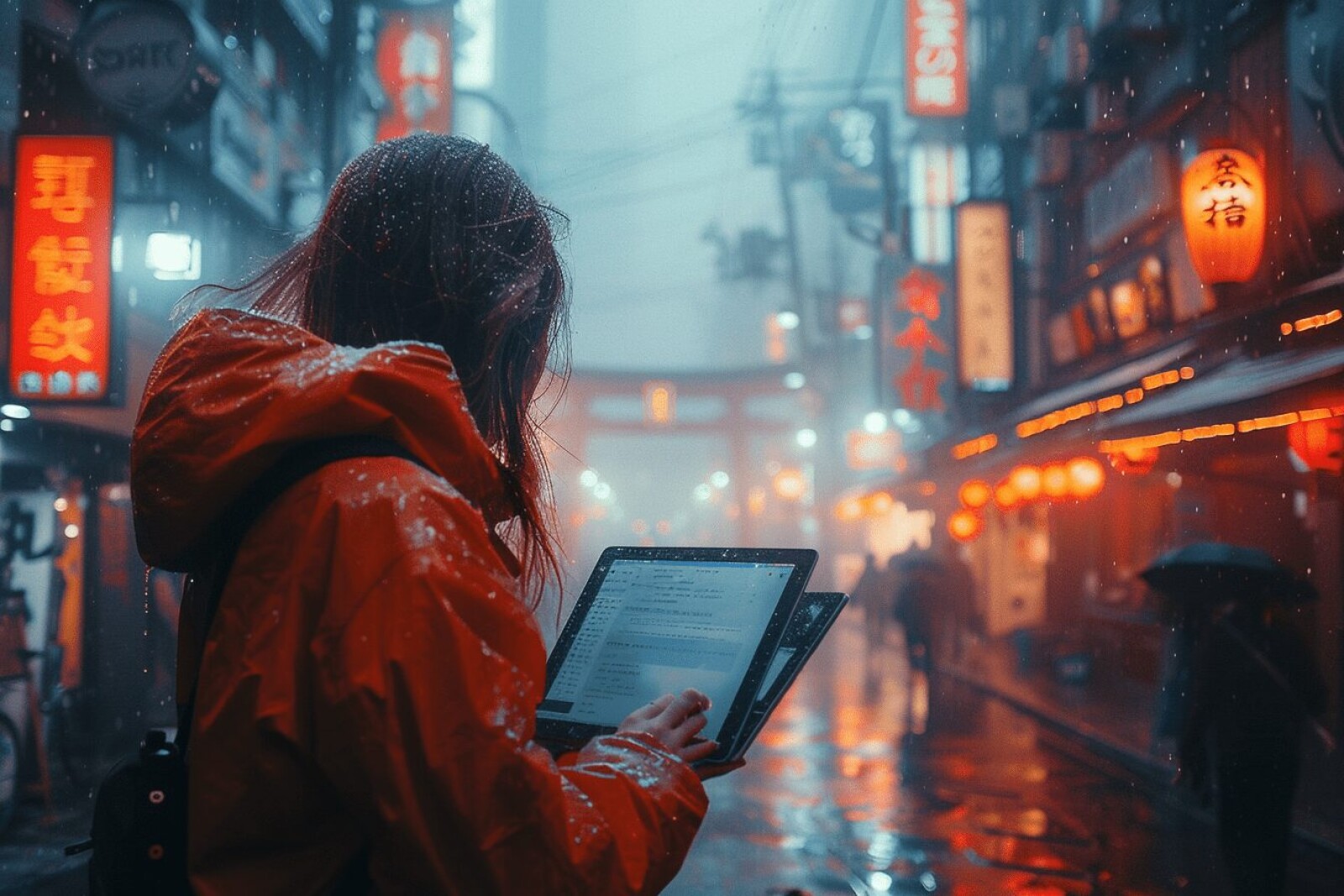
Isabella Chainmore
The Future of NFT Governance: Decentralized Decision-Making in Art

The future of NFT governance is poised to revolutionize the art world through decentralized decision-making and community-driven processes. By leveraging blockchain technology, NFTs are enabling more transparent, democratic, and inclusive governance structures. Here’s a look at the future of NFT governance and how decentralized decision-making is reshaping the art world.
The Concept of Decentralized Governance in NFTs
Decentralized governance involves distributing decision-making power across a community rather than centralizing it in a single authority. In the context of NFTs, decentralized governance allows artists, collectors, and community members to have a say in important decisions, such as project direction, curation, and distribution.
Blockchain technology and smart contracts enable this decentralized approach by providing transparent and secure mechanisms for voting, proposal submission, and consensus-building.
Benefits of Decentralized Governance
Decentralized governance offers several benefits for the NFT art world:
Transparency and Trust: Decentralized governance ensures that all decisions and transactions are transparent and verifiable on the blockchain. This builds trust among artists, collectors, and community members.
Inclusivity and Participation: By involving a broader community in decision-making, decentralized governance promotes inclusivity and diversity. Artists and collectors from different backgrounds can contribute their perspectives and ideas.
Democratic Processes: Decentralized governance enables democratic processes where community members can vote on proposals, projects, and initiatives. This empowers individuals and fosters a sense of ownership and accountability.
Resilience and Adaptability: Decentralized governance structures are more resilient to centralization and single points of failure. They can adapt to changing circumstances and evolve based on community consensus.
Implementing Decentralized Governance in NFTs
Implementing decentralized governance in the NFT space involves several key components:
Decentralized Autonomous Organizations (DAOs): DAOs are blockchain-based organizations that operate through smart contracts and decentralized governance mechanisms. DAOs can manage NFT projects, curate collections, and oversee community initiatives.
Token-Based Voting: Token-based voting systems allow community members to use governance tokens to vote on proposals and decisions. These tokens can be earned, purchased, or distributed based on participation and contribution.
Proposal Submission and Review: Community members can submit proposals for new projects, collaborations, and changes. Proposals are reviewed and voted on by the community, ensuring a democratic process.
Incentives and Rewards: Incentive mechanisms, such as token rewards and royalties, can motivate community participation and contribution. These incentives align the interests of artists, collectors, and the broader community.
Notable Projects with Decentralized Governance
Several NFT projects are pioneering decentralized governance models. Here are a few notable examples:
PleasrDAO: PleasrDAO is a decentralized collective that acquires and manages high-profile NFT artworks. The DAO operates through community voting and decision-making, with members collaborating on acquisitions, curation, and initiatives.
FlamingoDAO: FlamingoDAO is a decentralized investment group focused on acquiring and curating valuable NFT assets. Members participate in governance through token-based voting, contributing to the collective’s strategic decisions.
Art Blocks: Art Blocks is a platform for generative art NFTs that incorporates decentralized governance. The community can propose and vote on platform features, curation guidelines, and artist collaborations.
Challenges and Considerations
While decentralized governance offers significant benefits, there are challenges and considerations to address:
Complexity and Scalability: Implementing and managing decentralized governance structures can be complex. Ensuring scalability and efficiency in decision-making processes is crucial.
Participation and Engagement: Encouraging active participation and engagement from the community is essential for effective governance. Incentives and clear communication can help foster involvement.
Legal and Regulatory Compliance: Navigating the legal and regulatory landscape for decentralized governance and DAOs can be challenging. Ensuring compliance with relevant laws and regulations is important.
Equity and Representation: Ensuring equitable representation and avoiding power imbalances within the community is critical. Governance structures should promote inclusivity and fair participation.
The Future of Decentralized Governance in Art
The future of decentralized governance in the NFT art world looks promising, with continued innovation and growth expected. Here are a few trends to watch:
Integration with Metaverse Platforms: Decentralized governance will play a key role in the development and management of metaverse platforms, where community-driven decision-making will shape virtual worlds and experiences.
Enhanced Governance Tools: Advances in blockchain technology and smart contracts will lead to more sophisticated and user-friendly governance tools, making decentralized decision-making more accessible and efficient.
Cross-Platform Collaboration: Decentralized governance models will facilitate cross-platform collaboration, enabling communities to work together on multi-dimensional and cross-media projects.
Evolving Legal Frameworks: As the regulatory landscape evolves, clearer legal frameworks for decentralized governance and DAOs will emerge, providing guidance and protection for participants.
In conclusion, the future of NFT governance is set to transform the art world through decentralized decision-making and community-driven processes. By leveraging blockchain technology, NFTs are enabling more transparent, democratic, and inclusive governance structures. As the space continues to evolve, decentralized governance will play a crucial role in shaping the future of digital art and the broader NFT ecosystem.













